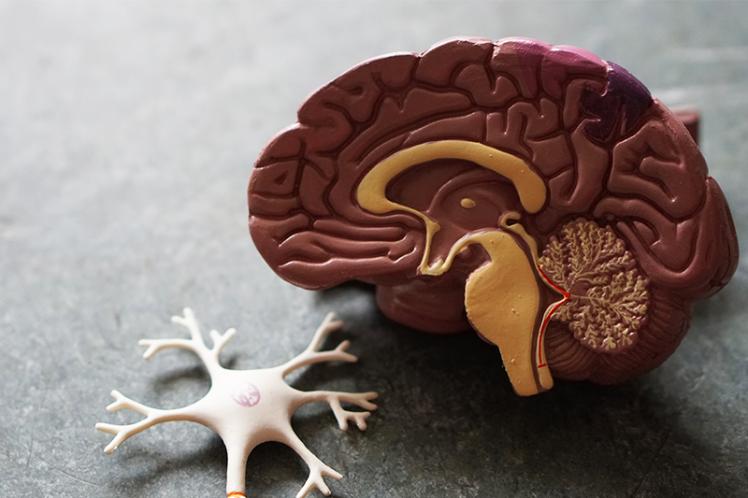Plan Your Day With Your Brain in Mind

We all have good days and bad days at work, or perhaps it would be more accurate to say, good hours and bad hours.
What makes the difference?
These days, for most of us, our brains are all we have to work with (not many of us are working on the land), so if we can help them perform at their best, that has to be a good thing. If we can understand our brains a little better - what distracts them and what helps them to focus - then we can work with that knowledge.
Our brains are very complex and there is still much we have yet to discover about them. That said, we have more control over our brains than we probably realize.
A few key points about our brains...
Before getting into the practical points, there are a few key things about our brains that are useful to know.
Our brains are not designed for the 21st century
Work has changed hugely, but our brains have not. Our brains are not that different from those of our ancestors, out on the savannah. That said, one part, the prefrontal cortex (PFC), has evolved over the centuries.
The PFC is found just behind your forehead and is a very important part of the brain for 21st-century work, as it is where we make considered decisions and manage our emotions. Neuroscientists refer to it as the ‘executive centre’ of the brain.
But the rest of our brains have not changed that much and our brains are still better adapted to dealing with the challenges of the savannah than those of the 21st-century workplace. Our brains respond to work challenges as they would to being confronted by a tiger or a hostile tribe. Our brains still go into flight or fight mode (or flock or freeze – there are four types of response) where blood goes to those parts of our brain that prepare us to run away or to fight, and away from the PFC.
Lots of things deplete our mental energy
Our brains can’t be great all day long.
We have a finite amount of mental energy and this means that although our brains are extraordinary, they have their limits. Lots of things eat into that ‘tank’ of energy; for example, making important decisions, blocking out distractions (as anyone who has tried to concentrate in a noisy environment will know), reining in our emotions and not telling that idiotic colleague what we really think of him, trying to stay focused when we are bored.
Once the brain is fatigued, it functions less well, and our ability to pay attention is reduced.
3 things you can do each day at work to improve your productivity
There are lots of things you can do to help get the best out of your brain. Here are three:
1. Prioritize first thing
The most important decision you have to make each day is what you have got to get done and what is your priority. This provides some certainty for the day (and the brain likes certainty).
By writing down what you need to do, it gets the information out of your working memory and onto the page – reducing overload on the brain. It also means that when, during the course of the day, you are asked by colleagues to get involved in something else, you are better placed to make informed decisions about whether, when and how to do so.
That said, the list needs to be realistic and achievable – setting yourself up for failure does not get the best out of your brain.
2. Take a deep breath (preferably, quite a few)
Here’s one thing you can start doing right now as it takes just seconds. There is a strong connection between the mind and body – both send messages to each other about how we are doing. Even taking a few deep breaths sends messages to the brain that help to calm it down. Try pausing after the outbreath; the outbreath increases the influence of the quieting parasympathetic nervous system.
3. Automate small decisions
Making decisions can take a toll on the brain. If you know you have a particularly demanding day coming up at work, which decisions can you take beforehand to free up thinking space during the day? Some people like to write their ‘to do’ lists the day before work. Barack Obama shared one of his own tips for reducing decision-making during a 2012 interview with Vanity Fair:
"You'll see I wear only gray or blue suits. I'm trying to pare down decisions. I don't want to make decisions about what I'm eating or wearing. Because I have too many other decisions to make."
Similarly, Angela Merkel tends to wear a 'uniform' of trousers and a tunic. She is a busy woman with bigger things to think about. Mark Zuckerberg seems to share this view - he is typically seen in jeans and grey T-shirts.
These are just three very simple things you can do to maximize your mental energy - there are plenty more in Chapter 11 of the second edition of Neuroscience for Organizational Change.




